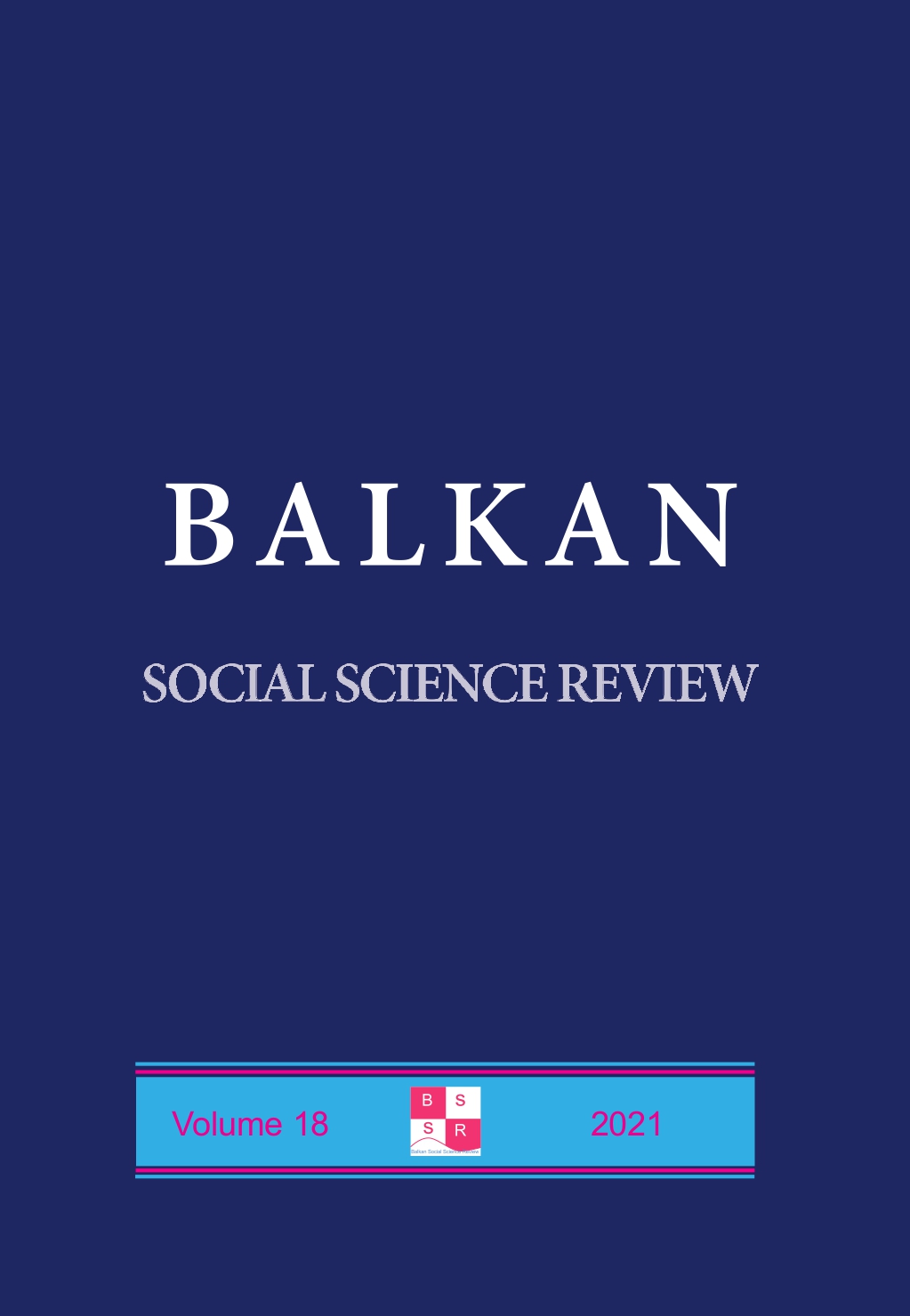WAITING FOR THE ADOPTION OF THE DRAFT CIVIL CODE OF THE REPUBLIC OF SERBIA (IMPORTANT FOR THE LAW REGULATION OF THE FRANCHISING AGREEMENT)
WAITING FOR THE ADOPTION OF THE DRAFT CIVIL CODE OF THE REPUBLIC OF SERBIA (IMPORTANT FOR THE LAW REGULATION OF THE FRANCHISING AGREEMENT)
Author(s): Strahinja Miljković, Igor SimićSubject(s): Law, Constitution, Jurisprudence
Published by: Универзитет »Гоце Делчев« - Штип
Keywords: Draft Civil Code of Serbia; franchising; franchisor
Summary/Abstract: In 2006, the Commission for drafting the Civil Code of the Republic of Serbia was established. The first book of the Civil Code was completed and made available to the public in 2007. To the present, not much progress has been made in the effort to adopt and enter into force the Civil Code, with primaly work being done developong amendments to the working versions. The working versions of the code envisage the regulation of a new and specific agreement, the franchise agreement. Listening to the needs of the market, as well as the need to introduce this type of business into legal frameworks, the editors of the Civil Code (now the Draft Civil Code – DCC) for the first time legally standardise a franchise agreement. It should be noted that legal standardisation of franchising agreements has significant advantages in terms of legal transactions and contracting parties. However, although there is are strong intentions, it should be noted that there are some shortcomings in the legal standardisation of the franchising agreement in the Serbian document. Shortcomings are observed in the standardisation of the franchising agreement, especially in circumstances where the franchising agreement is unknown to much of the legal theory, business and case law of the Republic of Serbia. This creates the feeling that this business was approached in a superficial manner without a deeper analytical approach, looking at solutions provided in the legal acts and case law of countries with developed franchising business. The shortcomings of the DCC of the Republic of Serbia are in the part related to legal standardisation of franchising agreements that could be brought to the attention of: a) the concept of contracting parties; b) the subject matter of the agreement; c) specific obligations (e.g. obligation of the franchisee to apply the business concept of franchise network in an independent business); d) use of legal implants without explaining their content (e.g. goodwill), etc. The author will point out the shortcomings of legal standardisation of the franchise agreement in the DCC and the possible solutions.
Journal: Balkan Social Science Review
- Issue Year: 18/2021
- Issue No: 18
- Page Range: 67-83
- Page Count: 16
- Language: English

